The Actors of Collective Bargaining
Autor: Eduardo J. Ameglio
Número de Páginas: 353
No one denies that the institution of collective bargaining between workers and employers has been a powerful tool for social dialogue. Without our history of effective collective bargaining there would be no mutual understanding, no industrial peace, no constructive cooperation between social partners. Yet there is a feeling today that this history has drawn to a close; that our post-industrial world demands something different, something our tradition of collective bargaining and collective agreements cannot give us. What information and insight can we gather to verify or challenge this feeling? This was the first major question addressed by the distinguished delegates to the twenty-seventh World Congress of Labour and Social Security Law held at Montevideo, 2'5 September 2003. The aim of the conference was to discover current problems regarding the existing structures and functions of collective bargaining in industrialized countries today'problems readily identifiable in the context of economic globalization, falling union density, the increase in atypical and knowledge-based workers, and the 'tertiarization' or declining economic importance of manufacturing-based industry....
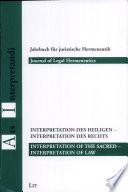
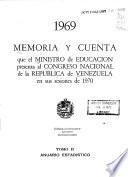


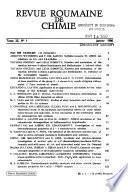
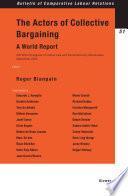
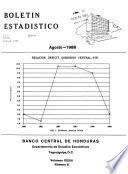
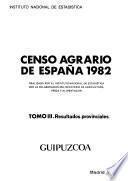
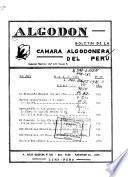
![IX [i.e. Noveno] censo general de poblacion, 1970: Estado de Aguascalientes](https://cdn1.descargalibros.org/images/libro/ix-i-e-noveno-censo-general-de-poblacion-1970-estado-de-aguascalientes-id-ToMoAQAAIAAJ.jpg)



